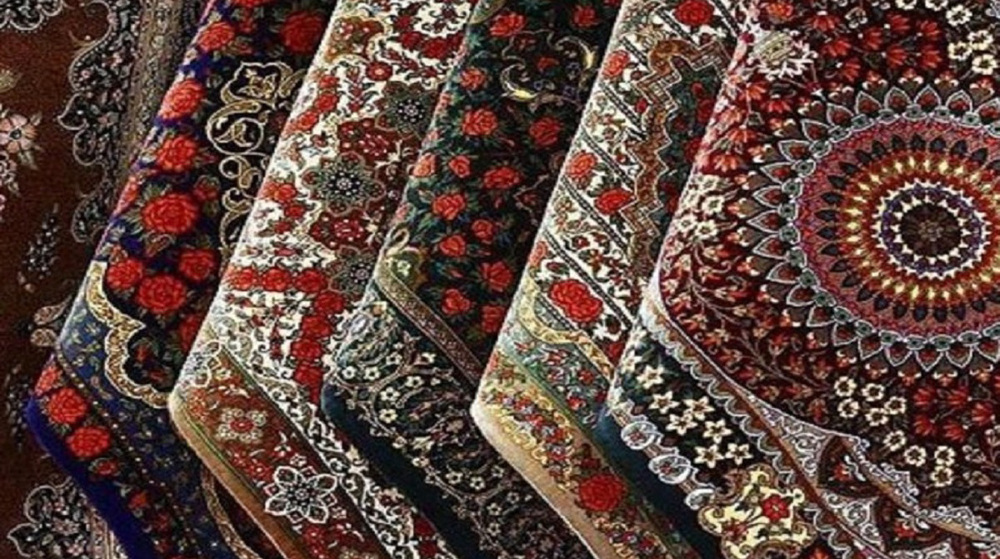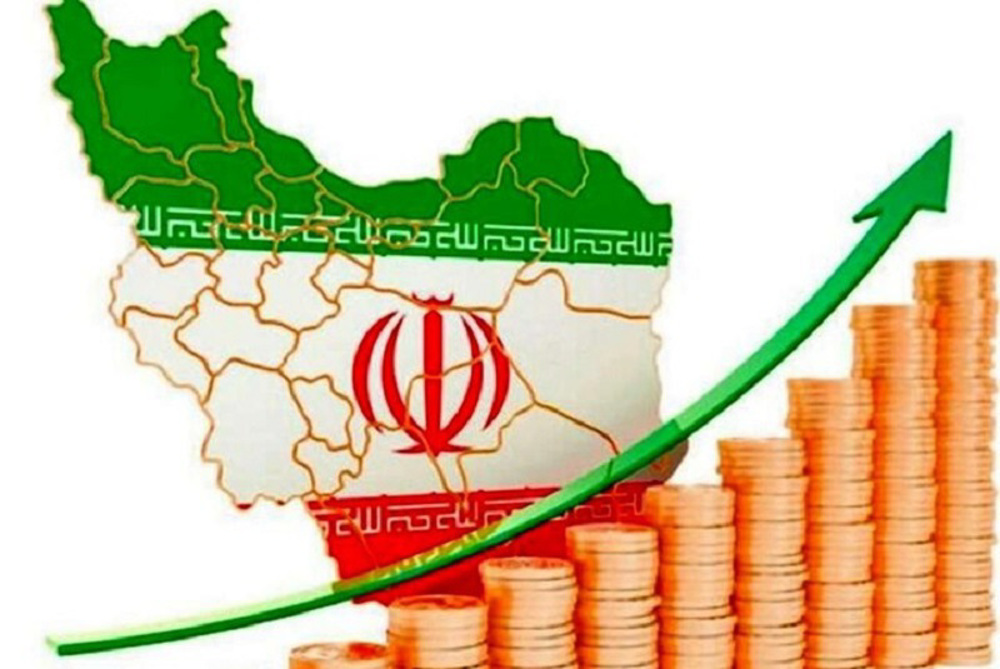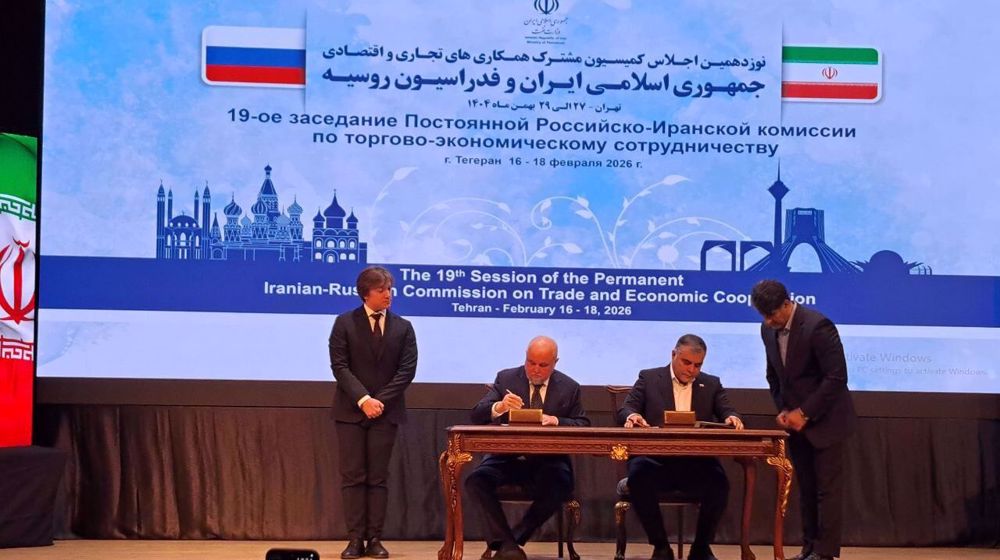Iran eases rules on exports of hand-woven carpets
Head on Iran National Carpet Center (INCC) says the government has eased its rules on exports of hand-woven carpets amid efforts to generate more hard currency revenues from the sector.
Farahnaz Rafe’ said on Monday that the Iranian government will no longer require carpet exporters to supply their export proceeds to a system where importers can obtain hard currency at subsidized prices.
Rafe’ said the measure is aimed at encouraging more exports of hand-woven carpets from Iran, a country known around the world for its high-quality rugs.
She said the requirement to return exports proceeds, which are applied to almost all exporters in Iran, had discouraged many carpet exporters over the past years and had led to a major reduction in shipments.
“The finance ministry has approved this and soon there will be some good news in this regard,” said the official.
Iranian customs office data shows Iran’s exports of hand-woven carpets plummeted to a record low of only $50 million in the calendar year to late March.
The figure was way below the $700-million milestone recorded in 2018 just before Iran came under US sanctions.
However, Rafe’ said official customs figures do not reflect the real situation of Iranian exports of hand-woven carpets, adding that many exporters use re-export mechanisms to supply their shipments to customers in Europe and elsewhere to avoid banking and trade restrictions caused by US sanctions.
She said unofficial estimates suggest Iran exported $400-500 million worth of hand-woven carpets in the calendar year to late March, adding that revenues had matched levels reported in 2015 when Iran had just emerged from a previous round of international sanctions.
The INNC chief expressed hope that easing the rules on Iranian carpet exports would lead to a major jump in shipments in the near future.
Trump denies rift with top officer over potential Iran aggression
VIDEO | Gaza bakery supports displaced families ahead of Ramadan Iftar
France blocks US ambassador from ministerial meetings after summons no-show
Around 20 govts. warn Israel secretly annexing West Bank
Iran pursuing broader cooperation with African nations: Pezeshkian
Israeli minister threatens to seize entire Gaza if Hamas refuses to disarm
VIDEO | Gaza teacher starts ‘Little Wings’ initiative to bring joy to kids
Spanish FM urges firmer EU stance on Gaza crisis, West Bank settlement expansion










 This makes it easy to access the Press TV website
This makes it easy to access the Press TV website